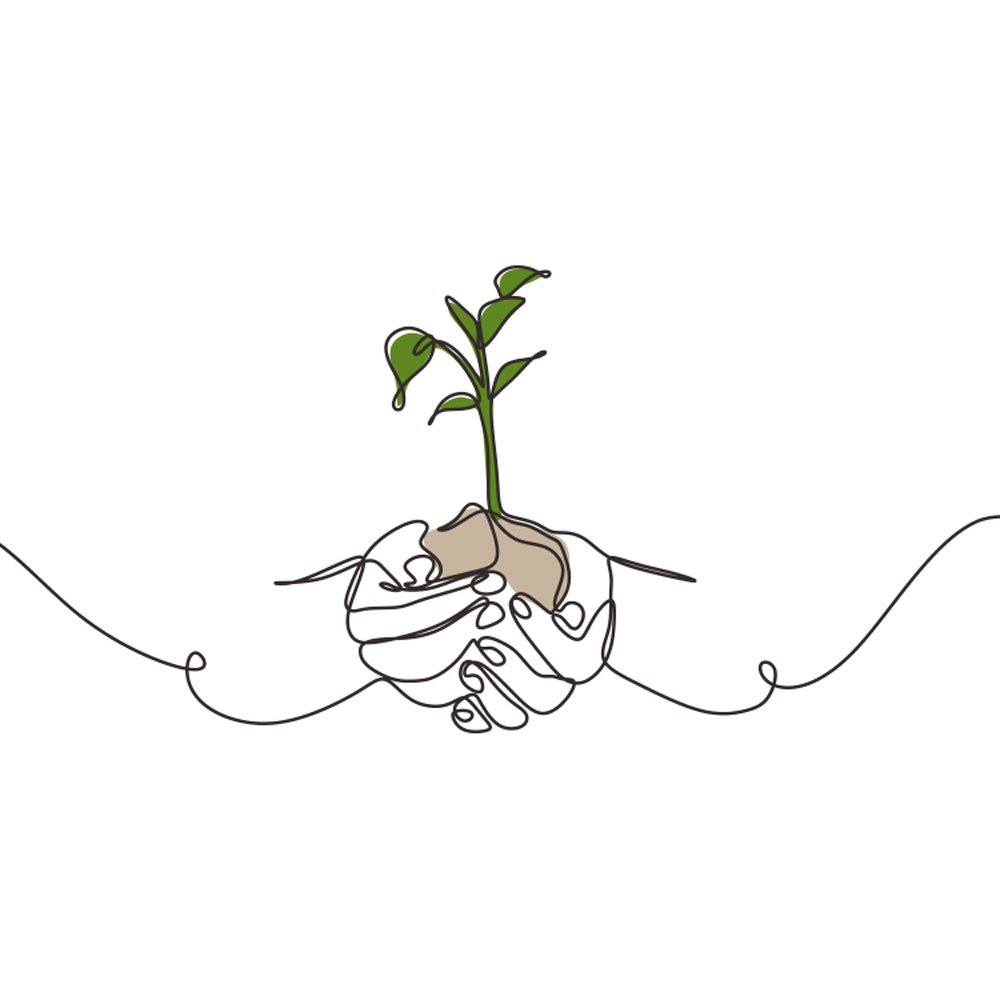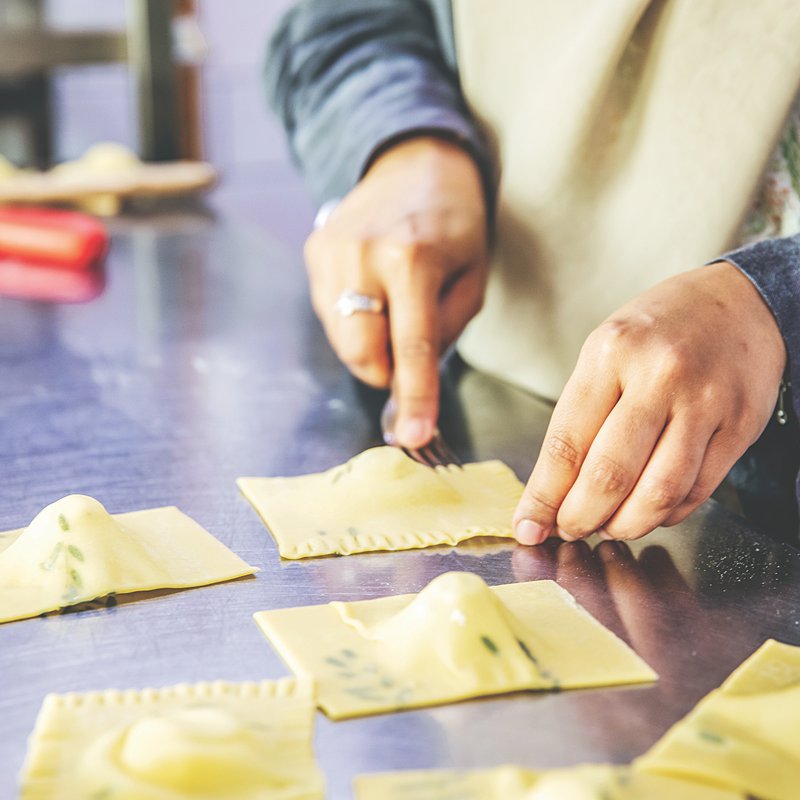Returning to age-old cooking techniques, preserving traditional recipes and using local ingredients can all have an impact on the world around us. Find out why the Slow Food movement matters
In the summer of 1986, a coterie of Italian gourmands gathered in the cellar of a restaurant called La Bella Rosin, in the small town of Fontanafredda. Led by the passionate, political food writer Carlo Petrini, they plotted a revolt against the planned opening of the first McDonald’s in Rome, near the Spanish Steps.
Their show of defiance on that site turned out to be peaceful, communal, even joyous, with huge bowls of penne pasta shared out among the crowd. And their protest grew into a movement called Slow Food (as opposed to fast food), later ratified with the signing of a manifesto in Paris in 1989. Co-written by Petrini with poet and scholar Folco Portinari, the text declared:
“We are enslaved by speed … May suitable doses of guaranteed sensual pleasure and slow, long-lasting enjoyment preserve us from the contagion of the multitude who mistake frenzy for efficiency … ” More than 30 years later, that mission statement has given rise to an international grassroots network, ranging from Europe to the US to Asia and the Arabian Peninsula.
“We started as a very regional Italian organisation, but we’re now in 150 countries,” says Shane Holland, executive chair of Slow Food in the UK. “And we are rooted in the pleasure of food, which is important. But if we only talk about that then it’s game over because climate change and loss of biodiversity could mean that there will be no food at all.” Which is to say that an effort to protect local food culture against the quickening of globalised, industrialised production and consumption has been folded into an existential struggle to save the planet.
“It doesn’t matter where you are,” says Holland. “There is nowhere that is not experiencing a crisis in food systems because it’s too hot, too cold or too wet, or all three in the same place at different times of year.” Slow Food has duly grown to include chefs, nutritionists, farmers and ecologists among communities known as convivia.
Specialised members are in turn dedicated to related projects such as the presidium, which is designed to help local food producers minimise their ecological impact on soil, water and animal welfare.
The Ark of Taste is essential to the remit – a virtual catalogue of foods in danger of extinction. “It’s basically an edible ‘at risk’ register,” says Holland, explaining why variety matters. “For example, in the UK we have more than 4,000 varieties of apples, but we only eat three of those, 70% of which are actually imported. So, if we get a disease in those few crops, we’re going to lose them.”
This is already happening with the Panama virus now killing the dominant Cavendishvariety of banana, which in turn threatens the chocolate derived from cacao plants that we tend to grow in the shade of banana leaves.
“There are many varieties of bananas, and of cacao, but because we’ve chosen to produce only these few, we are now losing them.” Among the 5,000-plus items archived in the Ark of Taste are also regional dishes that are fading from memory, as eating habits rely ever more heavily on processed ingredients and homogenous practices.
“A particular cake or bread can express a sense of place, and a connection to the land,” says Holland. “In England we have things like fidget pie and chimes. Beautiful names for wonderful things.” He cites a speciality of his native Cornwall – a Christmas-specific dish called stargazy pie, with fish-heads poking from the crust.
“We need to hold on to these things because they are vital to our culture, but also because they tend to be made with locally-sourced ingredients. What may seem quaint or archaic may also help hold back climate change and biodiversity loss.”
Every choice we make around food, in other words, can help us turn the tide. Holland and his peers are under no illusion that some people genuinely don’t have the time or money to prioritise such things, but many more can effect change with the smallest of daily decisions.
“We can try to buy out food from people with names that we know, and know where the food is coming from, and pay a fair price for it. We can sit around a table and connect food with laughter and love, and take the time to enjoy it. We can do these things and have a happier, more delicious time."
To learn more about Slow Food, visit slowfood.com and @slowfood_international

